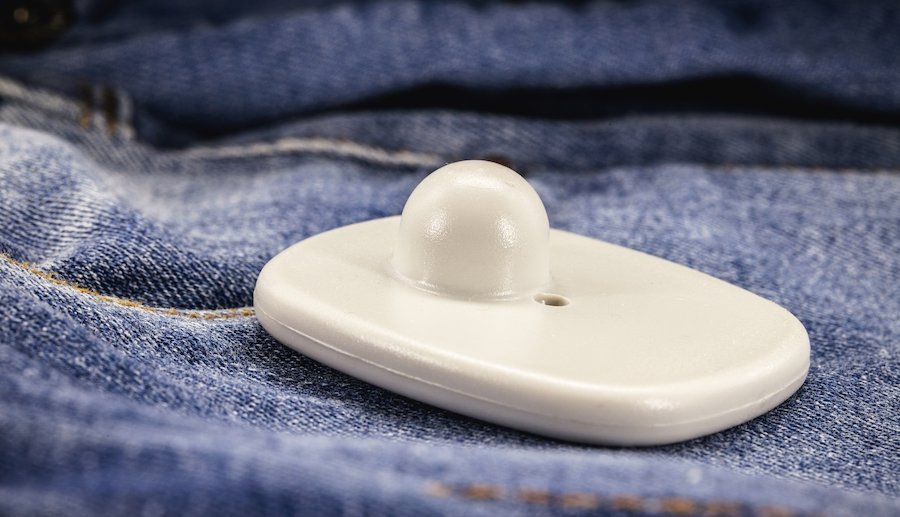California Penal Code § 496.6 PC prohibits unlawful deprivation of a retail business opportunity, which is possessing stolen retail property valued over $950 with intent to sell, exchange, or return it. This crime can be a misdemeanor or a felony.
Statute Text
California Penal Code § 496.6 PC
(a) Any person who possesses property unlawfully that was acquired through one or more acts of shoplifting, theft, or burglary from a retail business, whether or not the person committed the act of shoplifting, theft, or burglary, is guilty of the unlawful deprivation of a retail business opportunity when both of the following apply:
(1) The property is not possessed for personal use and the person has the intent to sell, exchange, or return the merchandise for value, or the intent to act in concert with one or more persons to sell, exchange, or return the merchandise for value.
(2) The value of the possessed property exceeds nine hundred fifty dollars ($950). For purposes of determining the value of the property, the property described in paragraph (1) can be considered in the aggregate with either of the following:
(A) Any other such property possessed by the person with such intent within the prior two years.
(B) Any property possessed by another person acting in concert with the first person to sell, exchange, or return the merchandise for value, when such property was acquired through one or more acts of shoplifting, theft, or burglary from a retail business, regardless of the identity of the person committing the act of shoplifting, theft, or burglary.(b) For the purpose of determining in any proceeding whether the defendant has the intent to sell, exchange, or return the merchandise for value, the trier of fact may consider any competent evidence, including, but not limited to, the following:
(1) Whether the defendant has in the prior two years sold, exchanged, or returned for value merchandise acquired through shoplifting, theft, or burglary from a retail business, or through any related offense, including any conduct that occurred in other jurisdictions, if relevant to demonstrate a fact other than the defendant’s disposition to commit the act, as provided by subdivision (b) of Section 1101 of the Evidence Code.
(2) The property involved in the offense is of a type or quantity that would not normally be purchased for personal use or consumption, including use or consumption by one’s immediate family.(c) The criminal deprivation of a retail business opportunity is punishable by imprisonment in the county jail for up to one year or pursuant to subdivision (h) of Section 1170.

PC 496.6 becomes law in 2025.
Elements of the Crime
To be convicted of unlawful deprivation of a retail business opportunity in California, the prosecution must prove the following elements beyond a reasonable doubt:
- You possessed property that was unlawfully acquired through shoplifting, theft, or burglary from a retail business (whether or not you committed the original theft);
- You did not possess this property for personal use;
- You intended to sell, exchange, or return the merchandise for value, or you intend to act with others to do so; and
- The value of the property you possess exceeds $950.
Penalties
Unlawful deprivation of a retail business opportunity is a wobbler offense, meaning it can be a misdemeanor or a felony in California.
As a misdemeanor, violating PC 496.6 carries up to one year in jail. As a felony, violating PC 496.6 carries a jail sentence of either:
- 16 months,
- 2 years, or
- 3 years.
Defenses
Seven potential defenses that could get a charge of unlawful deprivation of a retail business opportunity reduced or dismissed include:
- You did not possess the property unlawfully.
- You possessed the property for personal use only.
- You did not intend to sell, exchange, or return the merchandise for value.
- The value of the property in your possession does not exceed $950, even when considering aggregated property over the past two years.
- You were unaware that the property was acquired through shoplifting, theft, or burglary.
- You can prove the property was legitimately acquired.
- The property in question is of a type or quantity that would normally be purchased for personal use or consumption by you or your immediate family.
Related Offenses
- Receiving stolen property (PC 496)
- Shoplifting (PC 459.5)
- Grand theft (PC 487)
- Automotive Property Theft for Resale (PC 496.5)
